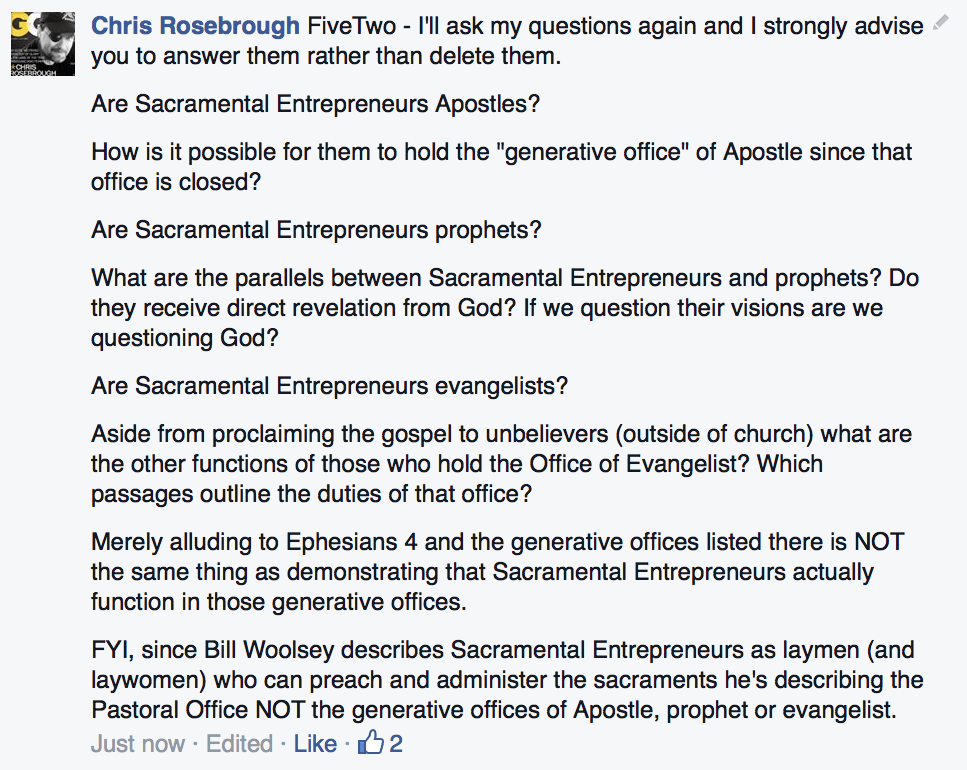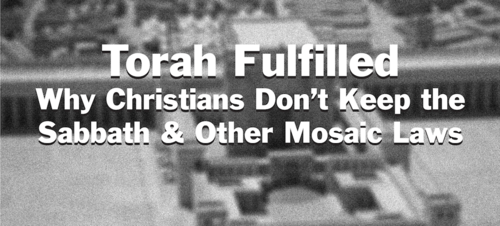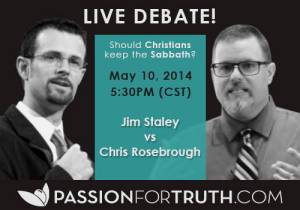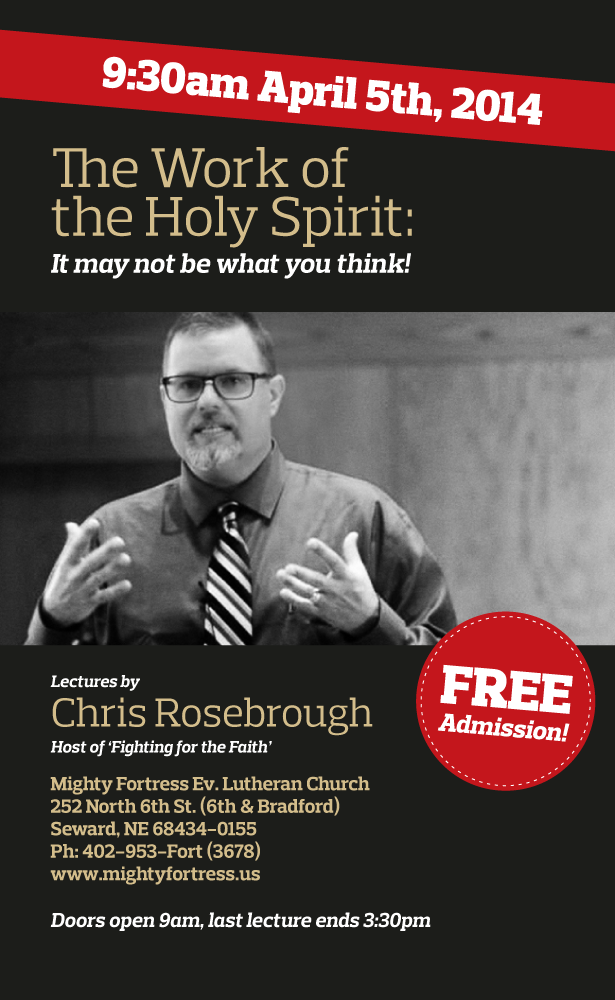If you didn't see Rick Warren's Christmas Sermon on Fox News then you missed a dooosie of a sermon and by dooosie I don't mean that it was a good sermon I mean that it was a bad sermon.
This year's "Christmas Sermon" at Saddleback is a perfect example of the quintessential Warren sermon.
First of all, the sermon was chock full of verses ripped from their context which were cited from really bad paraphrases like "The Message". Warren delivered these verses in such a fashion that they didn't even remotely resemble what the Bible actually says and means in the original languages. (Since, when did this practice become okay?)
Secondly, his sermon barely mentioned sin and the entire context of what we need a savior for. Instead of giving us the Biblical context of sin and the gospel proclamation of a savior being born to us Warren, like a used car salesman, listed out 3 benefits that people could receive by accepting God's "Christmas Present" to them. (Warren and his apologists call this approach the 'Positive Gospel'). Here were the promised benefits.
1. Presence - You lose your loneliness
2. Pardon - Jesus gives you a Mulligan, a 'do-over'
3. Purpose - You find out who you are (discover your purpose)
The "benefit" that I want to focus on for this post is the second one, Jesus gives you a Mulligan. Here is some video from that segment of Warren's sermon.
http://www.piratechristianradio.com/mediaplayer/player.swf
Warren says that God wants to give us a 'second chance', a do-over and a Mulligan. Is this the Biblical Gospel? Is the 'good news' of the New Testament the proclamation that Jesus is offering you and me an opportunity for a 'do-over'? Before you answer, consider the implications of this 'gospel' very carefully.
I play golf nearly every week. My USGA Handicap Index is a 15.3. You could say that I have a lot of experience with Mulligans. Here is how a Mulligan works. When a golfer stands on the tee box, addresses the ball then takes a swing and finds to his dismay that rather than heading straight down the fairway his ball instead flies off into the woods or into a house or into a water hazard. Making a mistake like this on the tee box is not only embarrassing, it can be very costly. When a golfer finds himself in this situation (if his playing partners are feeling forgiving) he can invoke the Mulligan and re-tee his ball and take another swing. There is a catch. If your second shot is just as ugly as your first, there are no third chances. You cannot take a second Mulligan.
So if you take Warren's Mulligan metaphor and mistakenly think that is what the Biblical gospel is all about then you are going to believe a false gospel.
The Bible does NOT teach that Jesus Christ came to Earth and died on the cross so that you can have a 'do-over'. If that were the case then our salvation would still be based upon us and our keeping of God's law. That is like saying that we messed up the first time, so Jesus is giving us a 'second chance' but if we mess up another time there is no hope for us. Quite frankly, I don't need one do-over, I need hundreds of do-overs every day.
This whole do-over/Mulligan metaphor that Warren used is at best wrong and at worst is a 'false gospel'.
So what would be an appropriate Golf illustration that conveys the truth of the Biblical Gospel?
If you want to use a golf analogy to convey the true 'Good News' of the scripture it would sound like this.
Pretend you are a terrible golfer (for most there is not much imagination needed here). Now pretend that your eternal salvation depends on you scoring a perfect round of Golf (par or better for the entire round) at Bethpage Black (arguably the toughest golf course on the planet) and the course has been set up for U.S. Open conditions (7400 yards long, 8 inch rough and greens so fast it's like putting in a bath tub). But, wait just to make things even more difficult, the devil has thrown in gail force winds that are swirling and gusting as high a 60 miles an hour.
To give you an idea of how difficult this feat is, Tiger Woods at the 2002 U.S. Open at Bethpage Black, with practically perfect weather conditions was the ONLY golfer with a score that was UNDER par. Phil Mickleson was the only other golfer that scored an even par for the tournament. Every other golfer was above par for the tournament. But under these course conditions not even Tiger Woods has any hope of being saved. Sadly, even if Jesus gave you a Mulligan then there would still be no hope of your being saved. One 'do-over' would be quickly gobbled up at Bethpage Black under these conditions.
So then how can you be 'saved' in this scenario?
The Biblical Gospel teaches us that even under these impossible conditions, Jesus Christ shot the perfect round of golf for you at Bethpage Black and is offering you HIS scorecard as your own. He's already taken your scorecard, the one with all the sins on it, and he's atoned for those sins on the cross. In return, He will give you His perfect scorecard and let you sign your name to it as if you were the one who shot that round.
Do you see the difference between these two golf metaphors and the implications they carry regarding the Gospel?
The 'gospel' Warren preached this Christmas was the 'gospel' of the Mulligan and the do-over. But this is really no gospel at all. It puts our salvation back on our shoulders and puts us in an impossible situation by requiring us to get it right the second time.
The Gospel that the Bible teaches isn't about 'do-overs', its about what Christ has already DONE for you. He has won your salvation and is offering you a full and true pardon, complete forgiveness and His perfect righteousness as a gift.
There is a big difference between Warren's Mulligan Theory of the Atonement and the Biblical Gospel. Which are you going to put your trust in?













